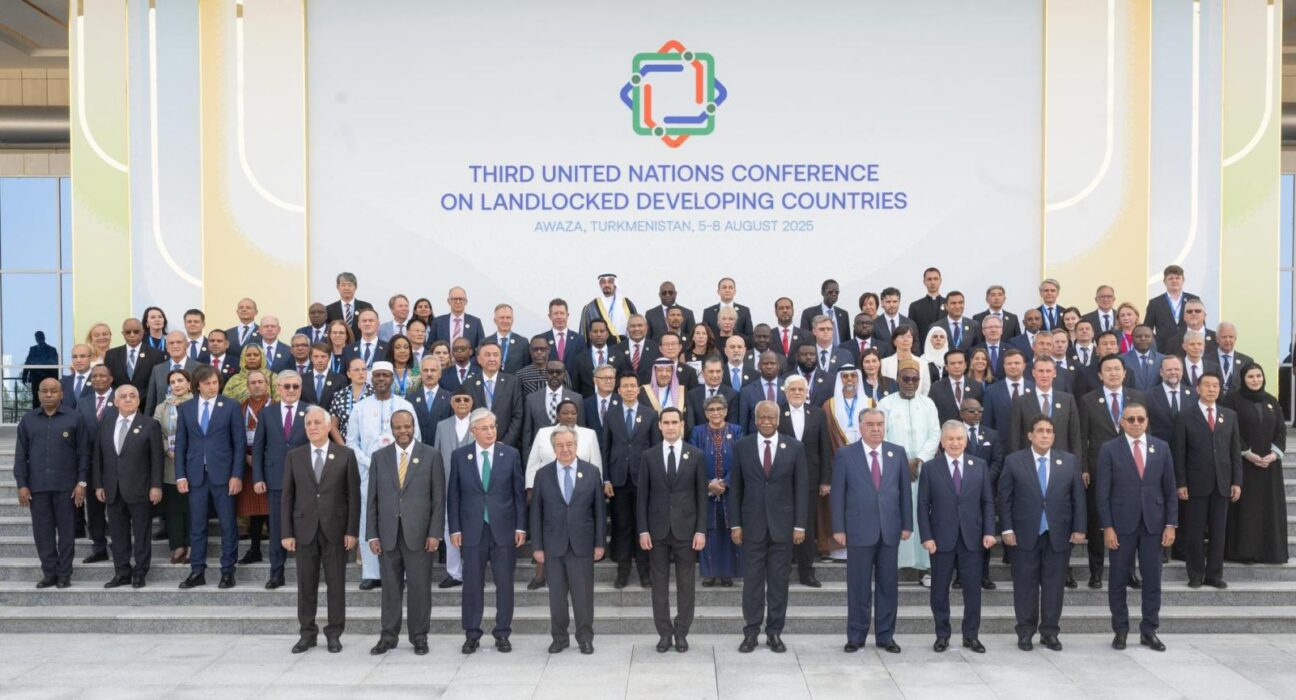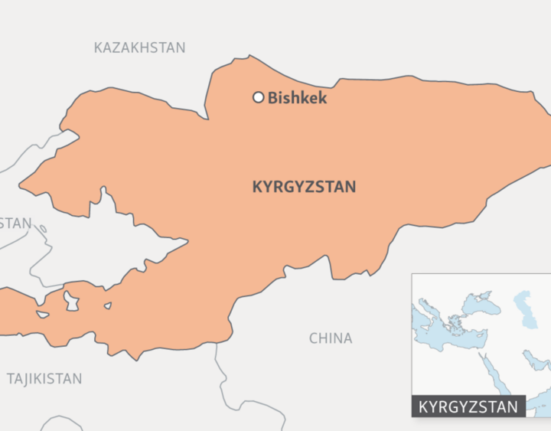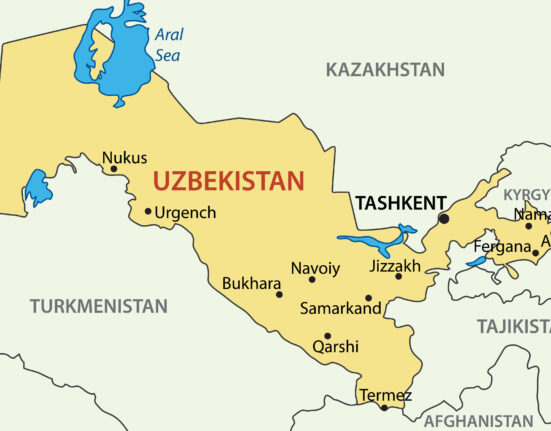On August 5, the Third United Nations Conference on Landlocked Developing Countries opened in Awaza, Turkmenistan, bringing together global leaders, policymakers, and stakeholders under the theme “Driving Progress through Partnerships”.
This landmark event aims to address the unique challenges faced by the world’s 32 landlocked developing countries (LLDCs), home to over 600 million people, and accelerate sustainable development through enhanced cooperation, trade facilitation, and infrastructure investment.
United Nations Secretary-General António Guterres set the tone in his opening speech, highlighting the urgent need for collective action: “Despite representing 7 per cent of the world’s population, LLDCs account for just over one per cent of the global economy and trade – a stark example of deep inequalities that perpetuate marginalization.” Guterres emphasized that “this conference is not about obstacles. It is about solutions. It is about launching a new decade of ambition – through the Awaza Programme of Action and its deliverables – and fully unlocking the development potential of landlocked developing countries.”
President of Turkmenistan Serdar Berdimuhamedov stated: “We proceed from the necessity of aligning all economic activity with environmental standards. The essence of our environmental policy is to tune the economic system in such a way that the production sphere is not a rival to nature, but its ally and support.”
Adopted by consensus by the United Nations General Assembly in December 2024, the Awaza Programme of Action (APoA) 2024-2034 provides a bold, forward-looking blueprint to tackle structural barriers in trade, infrastructure, climate resilience, and financing. Key deliverables include:
Establishment of Regional Agricultural Research Hubs to strengthen food security;
Launch of an Infrastructure Investment Finance Facility to mobilize critical funding;
Creation of the UN Secretary-General’s High-Level Panel on Freedom of Transit;
Implementation of a dedicated WTO Work Programme for LLDCs;
Development of a UNFCCC Negotiating Body to advance trade and climate resilience.
Ms. Rabab Fatima, Under-Secretary-General, High Representative for the Least Developed Countries, Landlocked Developing Countries, and Small Island Developing States and Secretary-General of LLDC3, underscored the need to shift the narrative surrounding LLDCs, saying that “for too long, LLDCs have been defined by the barriers of geography – remoteness, inaccessibility, and borders that do not open to the sea. But that is only part of the story.”
She emphasized that while these countries may be landlocked, they are not opportunity locked. “Geography must not dictate their destiny. These are countries rich in resources, resilience, and ambition,” she noted.
Reflecting on the theme of the Conference – “Driving Progress through Partnerships” – Ms. Fatima highlighted a new era of cooperation and inclusion. She stressed that LLDCs should no longer be seen as isolated or constrained, but rather as fully integrated partners in the global economy, with the potential to contribute meaningfully to shared prosperity.
Photo: turkmenistan.un.org




